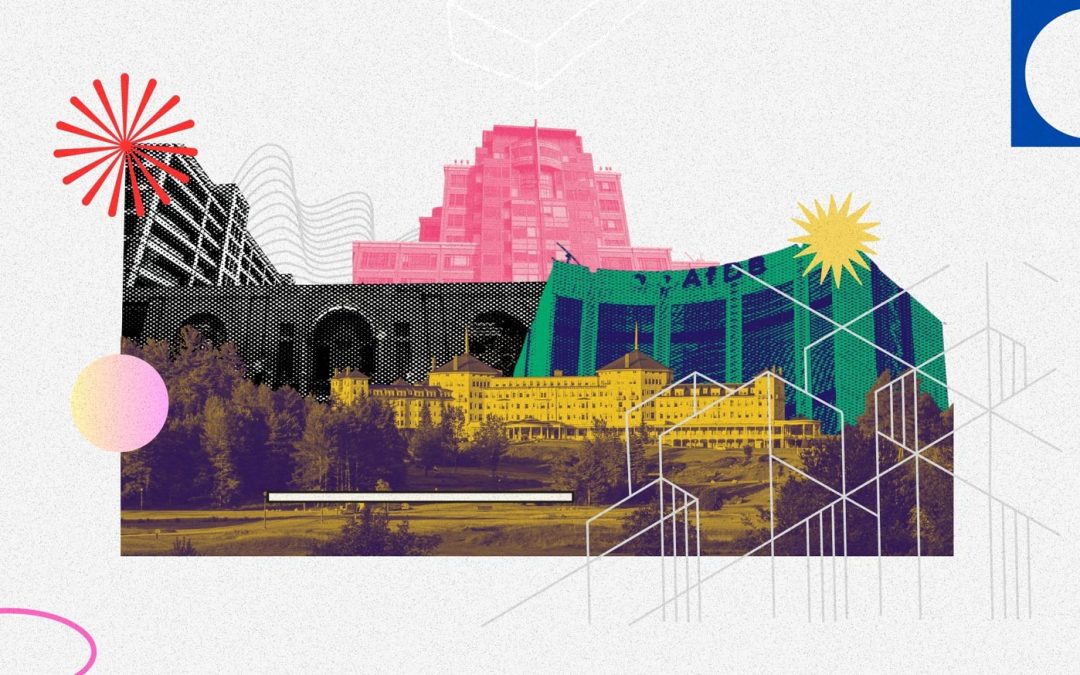Multilateral development banks (MDBs)*, also referred to as international financial institutions (IFIs), remain relevant actors in the development cooperation arena. These institutions serve as channels of financing, including official development assistance (ODA), one of the most important instruments and sources of development financing. Over the years, MDBs have been criticized for their culpability for the widespread displacement of communities, environment degradation and climate crisis, and human rights violations. These resounding issues strengthened the calls of civil society to reform the MDB governance and the overall international financial architecture (IFA).
*International Monetary Fund – World Bank (IMF-WB), Asian Development Bank (ADB), Asian Infrastructure Investment Bank (AIIB, African Development Bank (AfDB), European Bank for Reconstruction and Development (EBRD), among others
The international financial architecture today
The international financial architecture consists mainly of MDBs, private financing institutions, other norm-setting bodies such as the Group of Seven (G7) and Group of Twenty (G20), Organisation for Economic Co-operation and Development (OECD) and creditor groups like the Paris Club, and the United Nations itself. It reflects the overall global financial system, and the governance of this architecture is dominated by the Global North and donor and creditor countries.
At present, the IFA is holding onto its deteriorating beams. It is riddled with and treading on private finance and debt, legitimizing the roles of private entities in financing for development while sidelining the significant role of public financing like ODA, taxes, and grants (concessional finance). Such challenges are also exacerbated by the politically-motivated interests of dominating Northern countries like the United States to retain their control of the global financial system and economy, amidst worsening debt crises that the Global South countries endure.
Why do we need to reform the MDBs and what does it look like?
Genuine reforms in the multilateral development bank system must overturn the current Northern-dominated power dynamics to truly reflect Southern perspectives. It is important to acknowledge how the system evolved to and perpetuated neocolonial systems. MDBs should be held accountable through an intergovernmental process which will review its existing policies and operations, accounting decades of culpability over financing, human rights, and environmental crises.
The US-led IMF-WB continues to dominate the financial architecture through imposing austerity measures that impact social services for the people. The same can also be said to regional MDBs which follow and adopt the same governance and systems of the IMF-WB, and have been criticized for promoting and implementing ‘profit over people’ policies. These MDBs are also channels for corporations to capture development and legitimize private financing. While reforming an IFA system that has been built and guarded by the neocolonial paradigm for almost a century seems unthinkable, there exists some learnings from civil society and communities on how to overturn the current IFA towards people-centered development.
Advancing a reparative framework
Reforming the IFA, in today’s context, needs a reparative lens. In doing so, historical injustices are acknowledged and reflected in policy norms. The current donor-recipient model reinforces neocolonial structures that only benefit the former through blatant resource extraction. Centuries of this led to economically stunted developing countries. What the reparative agenda demands, beyond ceasing these destructive extractions, is to recover the lost wealth of the Global South that could aid them in recovering and strengthening their national industries and economies.
Donor, Northern, or wealthy countries are the very same countries which perpetuated extraction and depletion of Global South resources. They often lead and control the financial economy which currently operates and shapes the overall global economy. Reforming the architecture starts from mapping the responsibilities of each institution or actor that operate within, highlighting that some actors carry more weight of those responsibilities for the sole reason that they perpetuated and caused global maldevelopment.
Democratizing governance
Democratizing the IFA also means pushing for reforms that focus on increasing the representation of developing countries and civil society and marginalized groups, and introducing more participative systems and decision-making processes.
In the context of IFI governance, shareholding and voting powers must be realigned and reformed to open doors for more transparent leaderships. For instance, while the highest positions in financial institutions such as the IMF-WB are mostly held by the representatives of Northern countries, this long-standing arrangement only compromises doubts to the legitimacy of the IMF-WB. These voting powers are also not bestowed out of thin air. It reflects the Special Drawing Rights or SDRs of these countries based on their capital investments, and unsurprisingly, these investments are dominated by the United States and the rest of the G7 countries.
These SDRs should not revolve around the economic capacity of a country (more so of a Northern and developed one), and instead should focus on the economic needs of developing countries which need it the most. It should veer away from specific political goals, exposing the origins and prioritization of unequal power dynamics over economic necessities.
Ensuring people-centered accountability
Enhancing the transparency and accountability of the overall IFA cannot be excluded from the arguments of reforming the system itself. In fact, one of the main objectives of reforming the IFA from a people-centered viewpoint is to hold these financial institutions, especially the MDBs, more accountable. In this context, accountability follows the reparative and democratic framework to ensure that financial institutions will adhere to a people-centered agenda that puts people at the core of development over profit. It also provides more agency to communities to define their own development which the IFA as a system should respect and be accountable to.

